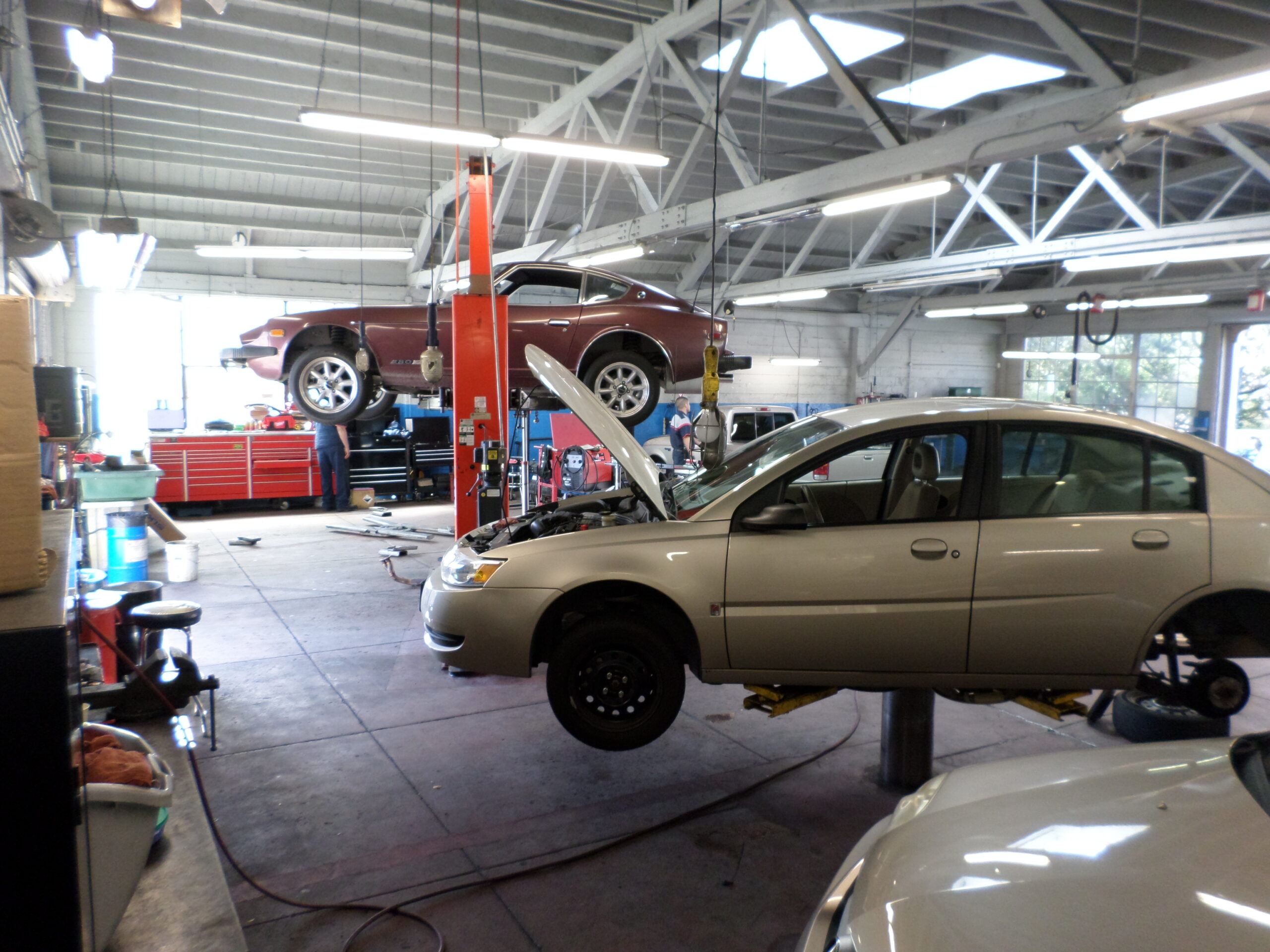Auto Maintenance in the COVID Era

Chances are you’re driving a lot less than you were a year ago. California’s COVID-related regulations mean that more people are working from home and in-person socialization is discouraged. Additionally, those with serious health concerns are mostly homebound. In these circumstances, it can be easy to forget about your car. However, vehicles need regular maintenance no matter how often you get behind the wheel. Here are some ways to make sure your car will still run optimally even if you don’t drive very often.
Just drive
One of the best things you can do for your car is simply drive it. Cars are designed to be driven regularly, so if your car sits idle for too long, fluids can start to pool and the engine’s components will go without regular lubrication from motor oil. Driving your car also helps recharge the battery, which is essential for today’s highly computerized vehicles. If you don’t regularly use your car, be sure to drive it for at least 20 minutes twice a month, ideally with some highway driving.
Change the oil
Though numbers vary, most cars need an oil change every 5,000 miles or so. Just because you’re not driving as much doesn’t mean you can skip oil changes. While other fluids like antifreeze and transmission fluid remain stable when the car isn’t in use, motor oil will degrade over time, which could potentially damage your vehicle. If you’re a low-mileage driver, AAA recommends getting an oil change at least every 12 months to keep your car’s engine in good repair.
Check for pest damage
During the cooler months, an automobile is an appealing home for mice and rats. Rodents are a serious problem in the Bay Area, and they’ve even been known to infest cars parked in garages. Mice and rats can damage floorboards and upholstery, and they can even chew through the wiring of an automobile, which means their presence could lead to serious damage. Check under the seats and in the trunk for signs of rodents, and open the hood to see if any hoses or wires have been chewed. You can reduce the likelihood of an infestation by keeping your car’s interior clean.
Monitor your tires
Rubber will naturally degrade over time as its oils slowly evaporate. However, this process occurs more quickly the less you drive. In these circumstances, tires can develop “tire dry rot,” a condition where the rubber becomes brittle and starts to crack. When you drive less often, tires can also develop flat spots as the weight of the vehicle bears down on the same area of the tire. You can keep your tires in good repair by driving regularly and making sure they have the appropriate air pressure.
Wash your car
It’s also important to maintain your car’s exterior, especially if you park outdoors. A vehicle parked in the same spot for a lengthy period of time will endure an accumulation of dust, leaves, tree sap, bird droppings and other debris. This, along with prolonged sun exposure, can lead to paint damage unless you regularly wash your vehicle. You should also consider using an automobile cover if you must leave your rarely used car outdoors.
While your car will likely need less attention than it has in the past, you’ll still need to take it to a quality auto repair shop in your area for some routine maintenance. Many businesses are closed or operating under restrictions, but auto repair is considered an essential service. Just keep in mind that your next visit to your mechanic may look a bit different, as auto repair shops have taken measures to ensure the continued safety of their employees and customers.